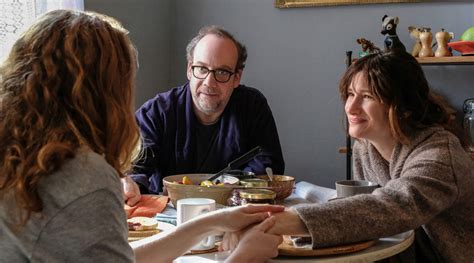Private Life – Movie Review and More…
Movie Review and more…..
I watched Private Life on Netflix last night. Painful, very real drama, of infertility, reproductive technology, adoption trials and hopes. The movie was extraordinarily real….the actors excellent and the detailed, minute, invasive, painful experiences faced by women and men undergoing infertility treatment was simultaneously very real and very painful to watch. Aspects of adoption [the home visit part of the homestudy] and the contacts with possible birth mothers were touched upon. All in all, it was a good movie.
A month ago, I watched Instant Family, a movie that explored the option of adoption of ‘older’ children.
Neither movie avoided the hard truths of what it takes for some to become parents.
One movie left me hopeful [Instant Family]; one movie [Private Life] left me sad and terribly discouraged.
Professionally, I’m a clinical social worker, adoption practitioner, child welfare advocate and partner at Milestones & Transitions, a social work practice serving people facing Change and its Challenges. Personally, I’m a woman whose medical file was once in a drawer labeled ‘Habitual Aborters’, referring to patients who had experienced more than two miscarriages. [And, yes, when I saw that label, I told my gynecologist he had to change that label—that it was unbelievably hurtful to his patients]. I, too, was in infertility patient, although I suffered from what was called secondary infertility; I was able to become pregnant, but unable to carry a pregnancy to term.
As a social worker and a former infertility patient, my ‘take’ on this difficult subject is that those longing to become parents need to figure out what they want most:
- the ability to reproduce [with their own genetic material], achieve a pregnancy and give birth, or
- the ability to parent a child who may or may not have been born to them.
Private Life shows medical doctors and staff at infertility clinics / practices and a social worker. They are portrayed as human beings. The anesthesiologist makes the same boring joke with every patient; the social worker is eager and somewhat platitudinous; the receptionists are kind and caring doing the best that they can.
The movie actually shows both professions [infertility doctors and social workers] as they often are in these situations. What the movie does not do, however, is explore, with the ‘parties’ (Rachel, Richard, Sadie and their extended family), what are some of the repercussions of donor egg really are. Similarly, in the movie, the ‘finding’ of a birth mother is the only aspect of adoption that is shown at all.
When both Sadie and her mother focus on Sadie’s gift of genetic material, no one even mentions what might occur once a pregnancy is achieved and completed. When Rachel and Richard explore adoption by uploading their profile on an online site, there is no social worker or agency exploring adoption with them. In my experience, and that of my colleagues and partners at Milestones & Transitions, infertility clinics focus only on the ‘product’—the hoped for pregnancy and baby, not on the life of that baby, its parents and possible egg or sperm donors. Although Sadie had to have a psychological review, no one actually met with her and Rachel and Richard to take a look at the lifelong connection they would have with each other and the hoped for child. As for the search for a birth mother willing to place her expected child with adoptive parents, except for the social worker commenting on phantom birth mothers and babies, there was no exploration of various ways of becoming parents through adoption other than individuals somehow trying to maneuver on their own.
I recognize that Private Life is a movie, not a treatise on how to live through infertility treatments and adoption. I would hope, however, that those embarking on these journeys would recognize that there are experienced and insightful professionals available to walk with them through these incredibly complicated and difficult aspects of life. No one can promise there will always be a happy ending, but those facing these challenges deserve ongoing and sensitive support.

